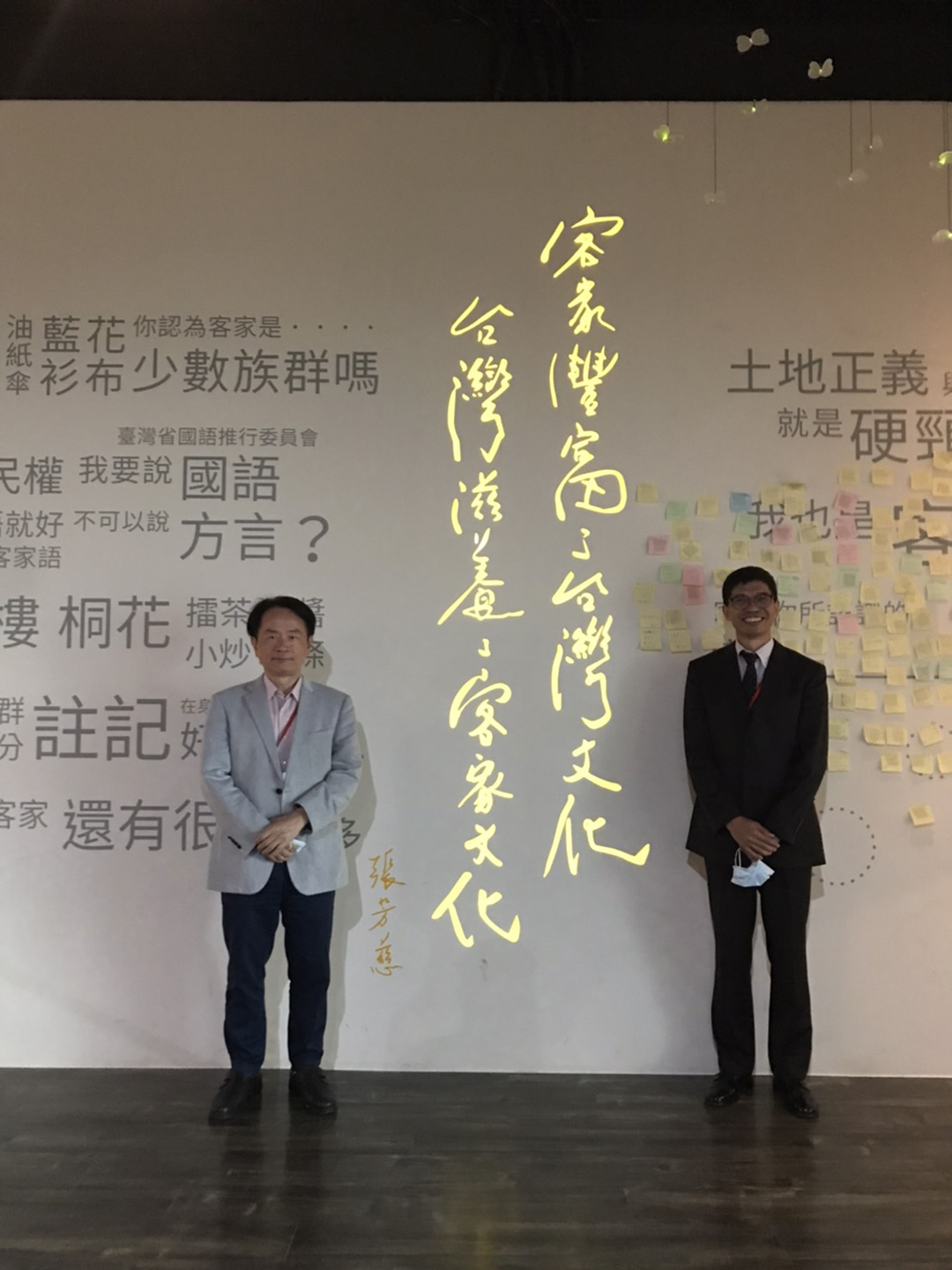
Activity Outcome
“Hakka History – 2020 Taiwan Hakka and oral history workshop
- Source:客家文化發展中心
- Publication Date:2020/09/15
- Last updated:2022/02/16
- Count Views:2696
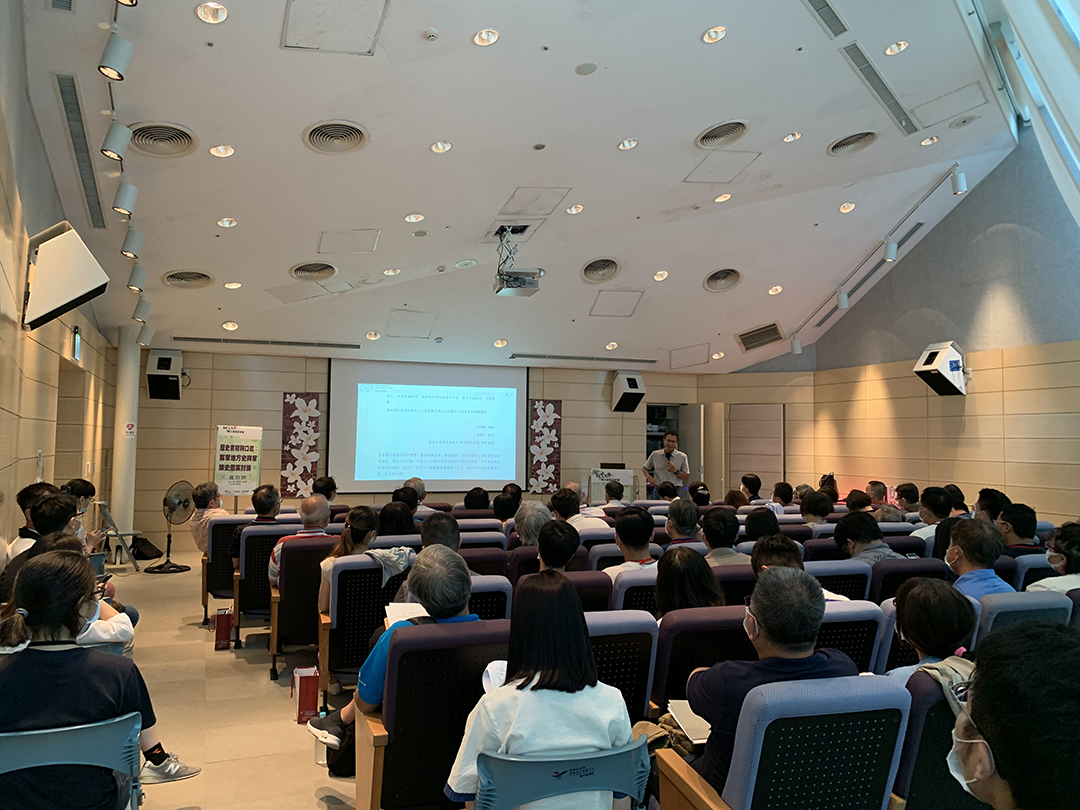
Dedicating itself to promoting historical investigation, research, collection, and displaying of Hakka items, the Taiwan Hakka Culture Development Center is holding the “Hakka History – 2020 Taiwan Hakka and oral history” workshop in conjunction with the Taiwan Historica and Taiwan Oral History Society on September 12th, 2020 (Saturday) to excavate the precious cultural assets of the Hakka people and enrich people’s knowledge of folk life and history. This seminar provides a space where expertise and experiences in oral history can be exchanged, allowing more literary experts and writers who aspire to take down and interpret the history of Taiwan to learn and study the experience and skills of oral interviews about Hakka history and allow them to further their “oral history” research.

When Mr. Ho Chin-Liang, Director of the Taiwan Hakka Culture Development Center, gave his welcome speech, special thanks were given particularly to two cooperative units for taking the oral history of Taiwanese Hakka as the theme of the workshop and inviting multiple scholars and experts with extensive experience and skills, both in practice and theoretically, in the field to join the seminar and give on-the-spot guidance. Topics including “Employment of and reflection on oral history”, “Making and writing oral history: Case discussion and analysis of Hakka local and family history”, and “Public participation in the practice of villages’ oral history: Taking Meinung Lungtu village as an example” are respectively shared by Hsu Hsueh-Chi, a distinguished research fellow, and Director of Academia Sinica Lo Lieh-Shih, Associate Professor of the College of Hakka Studies, Department of Humanities and Social Science at National Chiao Tung University, Tseng Ling-Yi, Assistant Professor of the Department of History at Tamkang University, and Hung Hsin-Lan, Associate Professor of the Graduate Institute of Hakka Culture Studies at National Kaohsiung Normal University.
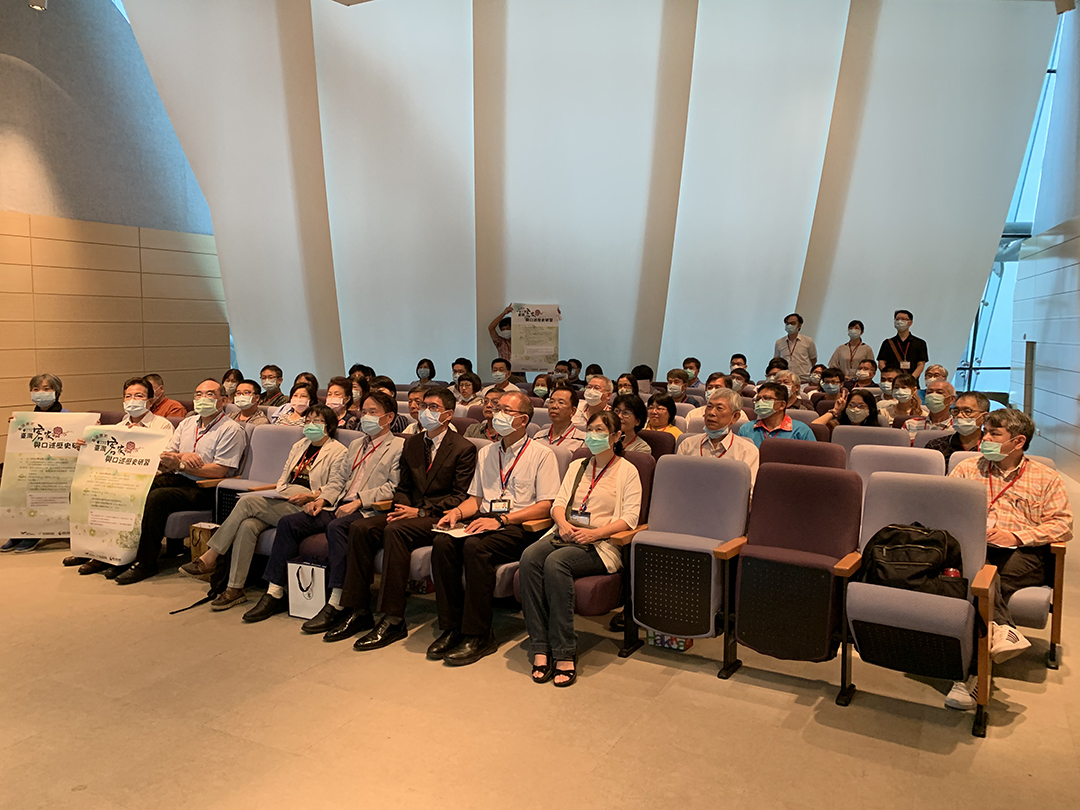
Established on August 29th, 2009, each board chairman of the Taiwan Oral History Society has held a post at a different important historical research institution or government agency of Taiwan: the Director of Academia Sinica Hsu Hsueh-Chi served the post of the 3rd board chairman, present Board Chairman Chang Hung-Ming is the Director of the Taiwan Historica, and the current President of Academia Historica, Mr. Chen Yi-Shen, who served the post of the 4th and 5th board chairman, are just a few examples. These experts in the field all attended the seminar today to participate in the opening ceremony, reiterating the fact that oral history is an essential tool for historical writing: “interviews and records” can be collected and make up for any deficiency in documentation to really “understand” the significance of existing historical descriptions. They can even be used to compare and determine the authenticity of historical documents, especially during the development of new history; there is a lot of activity comprising oral history.
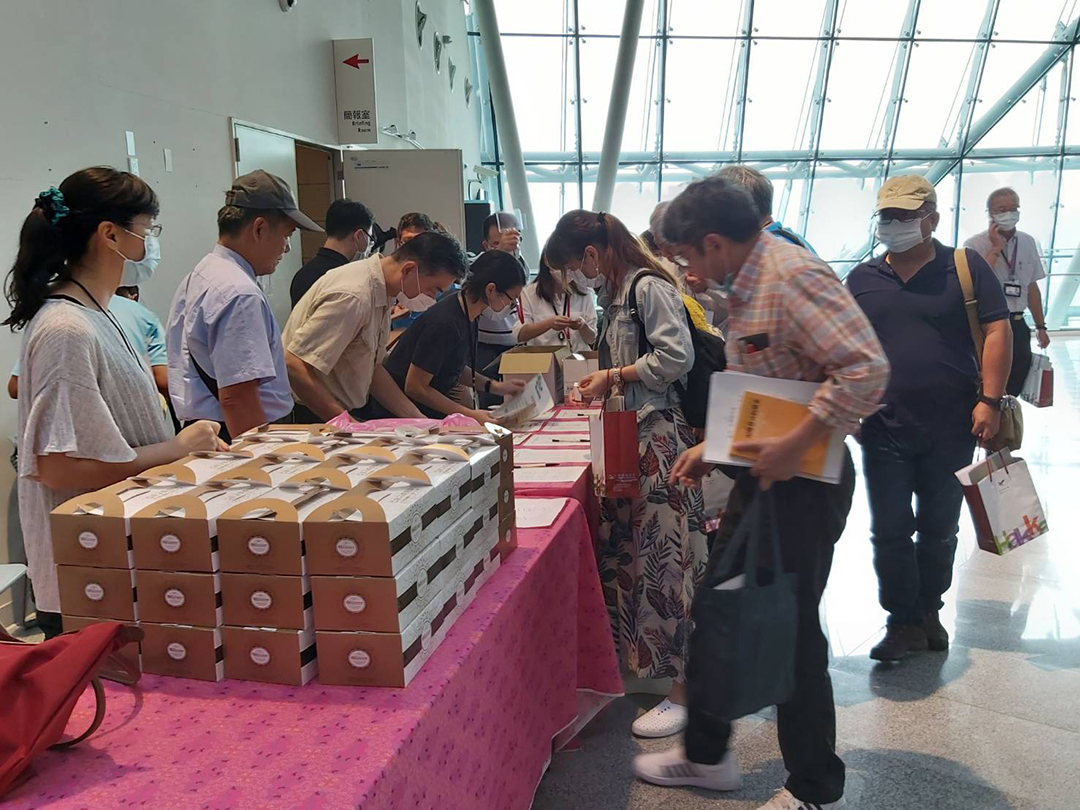
The Taiwan Hakka Culture Development Center has been proactively advancing the study and historical investigation of the Hakka ethnic group since 2016, such as exploring the Hakka people’s role in the “Yiwei War, a war against the Japanese Invasion in 1895, and by collecting images and interviews of a Hakka village, compiling a Hakka village history and training talent. Thus far, the Taiwan Hakka Culture Development Center has completed nine Hakka village history books and published the oral monograph “Climbing A Mountain” written by Chung Chao-Cheng, a Hakka literary giant of Taiwan. There are still 11 village history books going through the editing process at the moment.
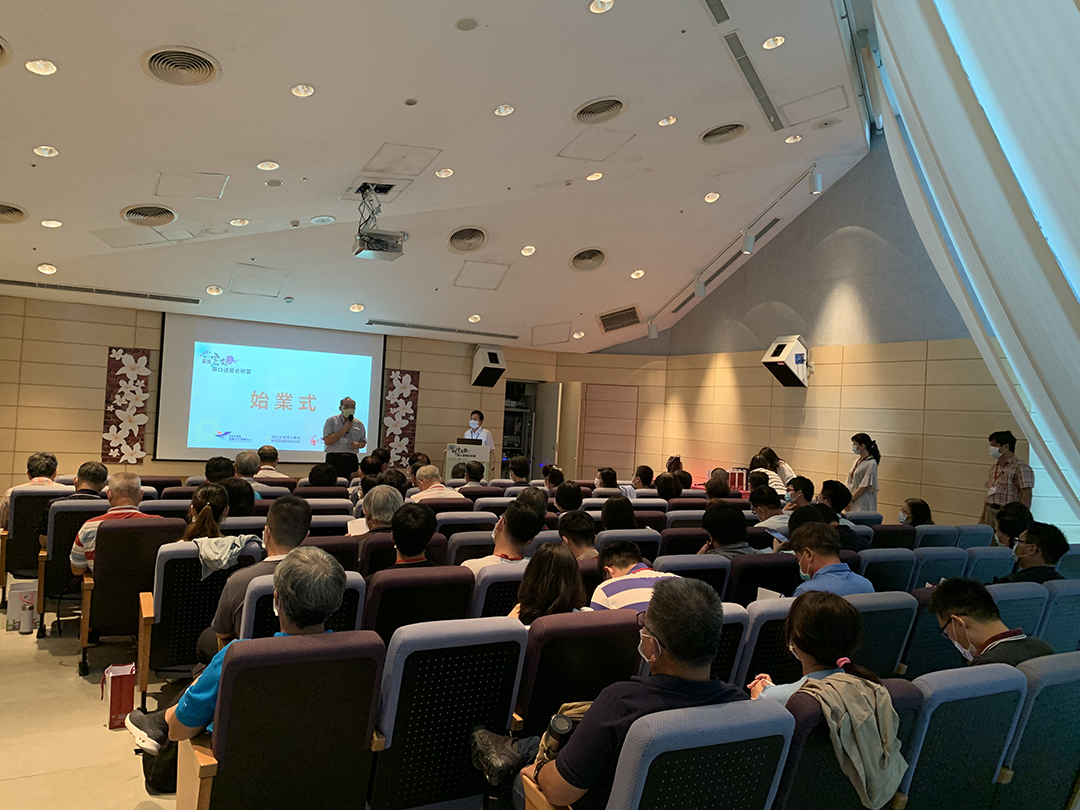
Furthermore, the Taiwan Hakka Culture Development Center has also been continually implementing a schedule of oral interviews with the winners of the Hakka Contribution Award since 2017 to explore the life story of Hakka movers and shakers and record valuable images of special interviews through which the collection of literature and data of cultural relics related to the subjects is established. As for the Taiwan Historica, the co-organizers of this seminar, the two units have begun engaging in oral interview video work since 1998, and have issued more than 60 books relating to oral interviews, producing great results.
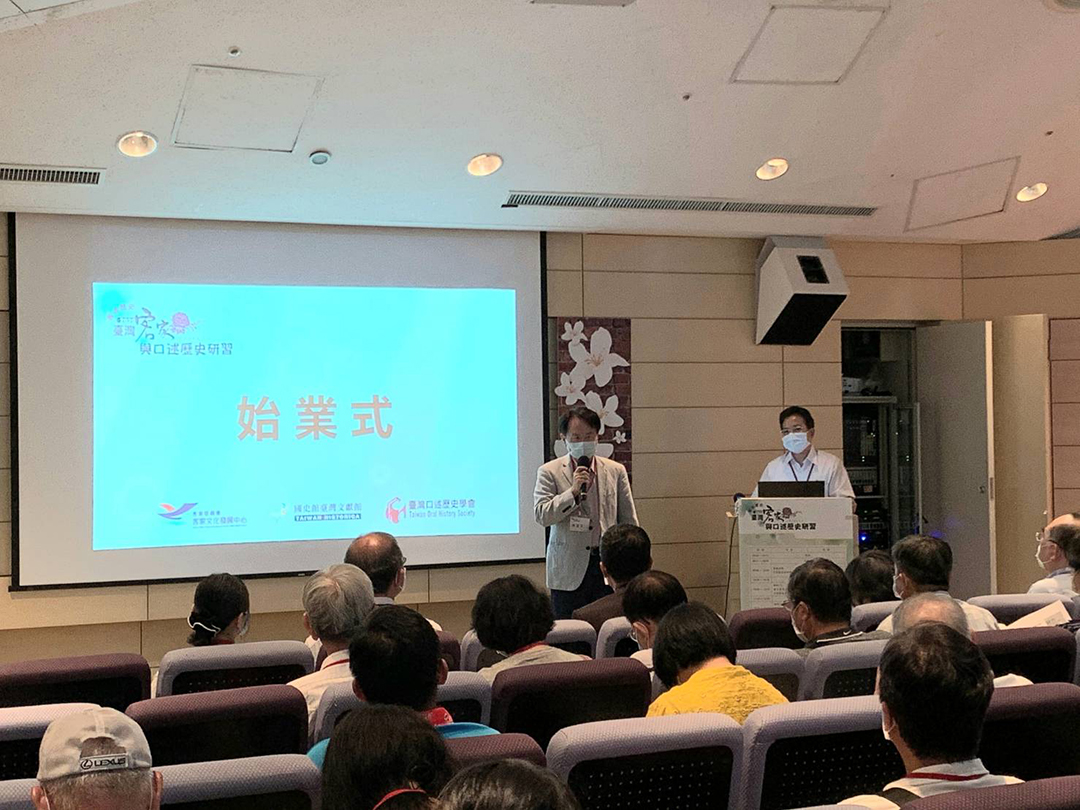
Since it is the first time that such a workshop on historiography has been held, we were overwhelmed by the enthusiastic response received from interested parties. However, due to the limited capacity of the venue, only 60 seats could be offered and, unfortunately, we had to pick the participants from than 100 applicants by drawing lots. All seats were occupied on the day, and in addition to local cultural workers, also partaking were young graduate students from various universities and colleges. Despite this differences in generations, history as a method of gathering historical sources and data is still conducive to society influencing the voices of the public, highlighting the memory of diversity, and truly showing how much people wish to becoming closer to and explore the touching lives of our homeland, Taiwan.
